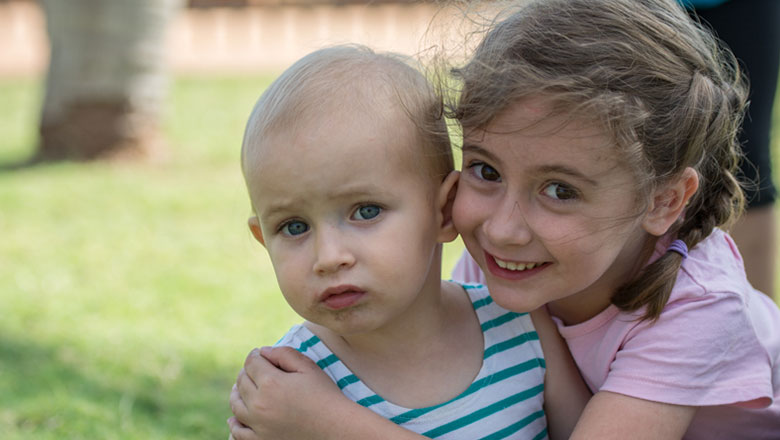Search
Showing results for "Au"

News & Events
HBF Stadium Open DayHBF Stadium & HBF Arena Open Days - Sunday 20 & 27 July The Kids researchers will be presenting to the public as part of the two open days.
Research Assistant Chronic Diseases
Be part of our commitment to improving the lives of young people with Type 1 Diabetes and clinical trials both in Perth and across Australia








